When you stop using your medicine, you likely just dump it down the toilet.
But what happens when everyone does the same?
The drugs that get into fish and other water critters can change their behavior and end up on the dinner table, where they get back into people.
A study by Florida International University and the Bonefish and Tarpon Trust sampled 93 bonefish in South Florida. It found an average of seven drugs in each one, including antidepressants, blood pressure medicine and antibiotics.
The drugs don’t kill the fish, but they alter their behavior and physical condition, which leads them to be more vulnerable, changes the way they eat and modifies how they reproduce.
“It’s not just a bonefish problem, it’s an every fish problem,” said Nicholas Castillo, an FIU graduate student who worked with researcher Jennifer Rehage on the study.
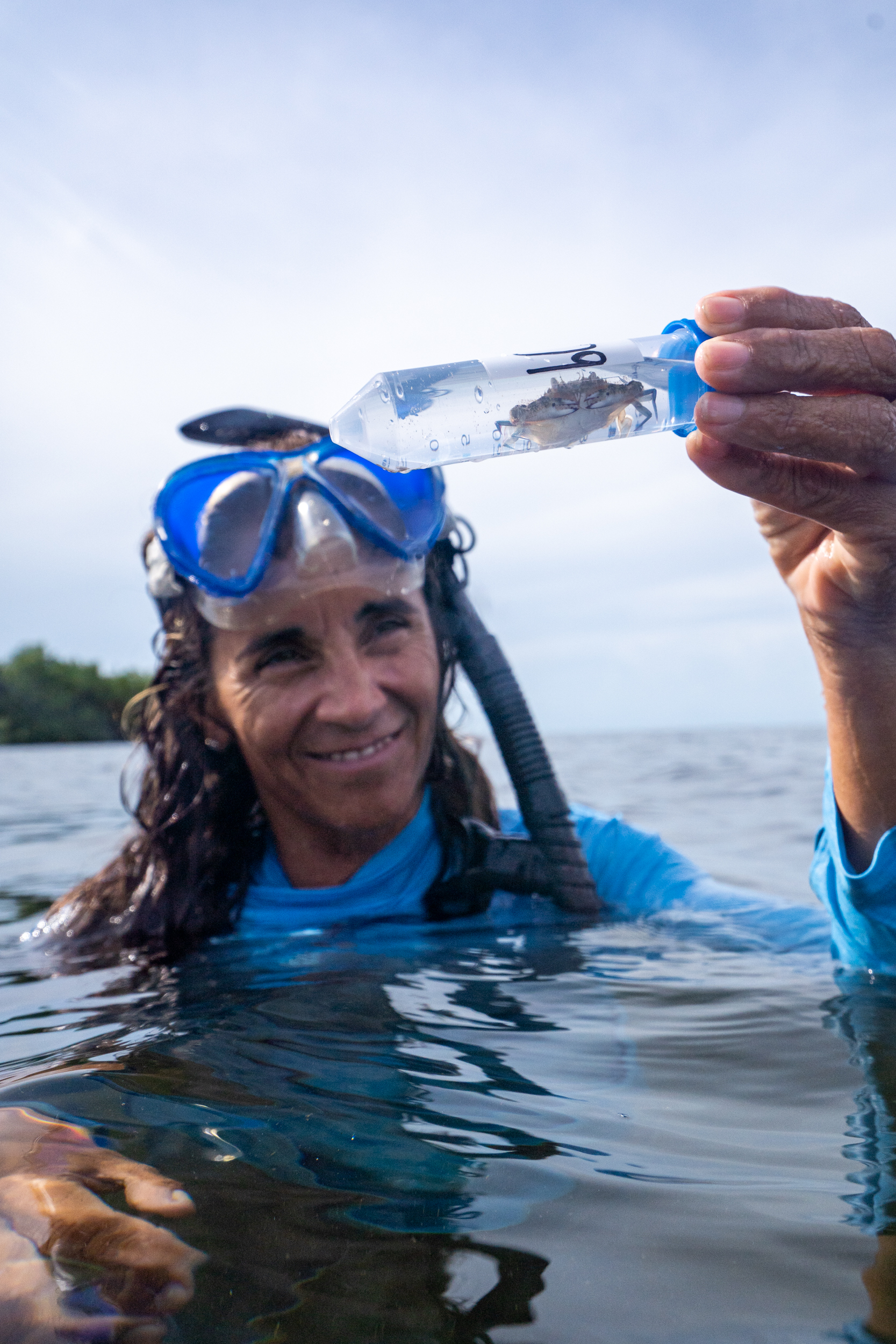
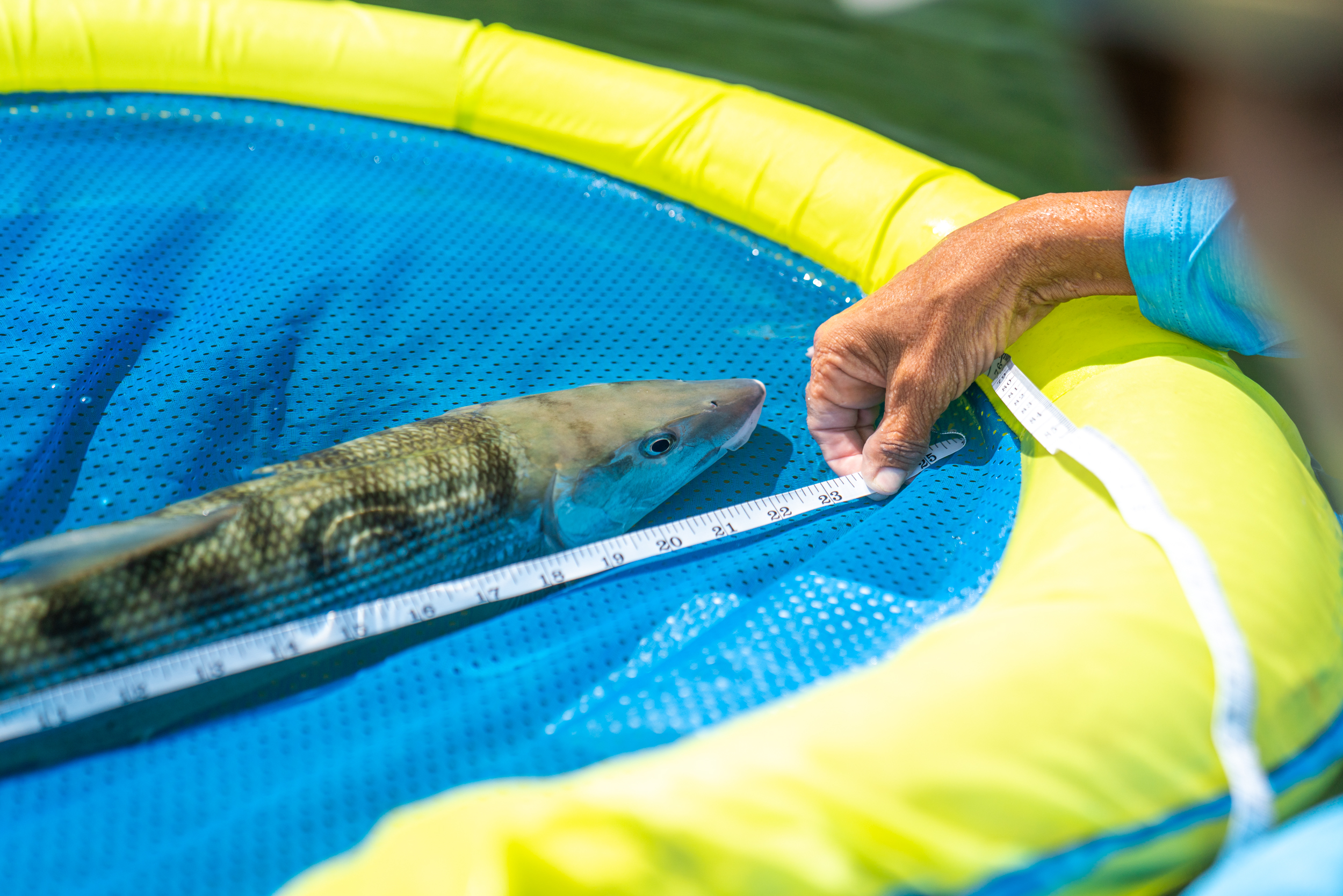
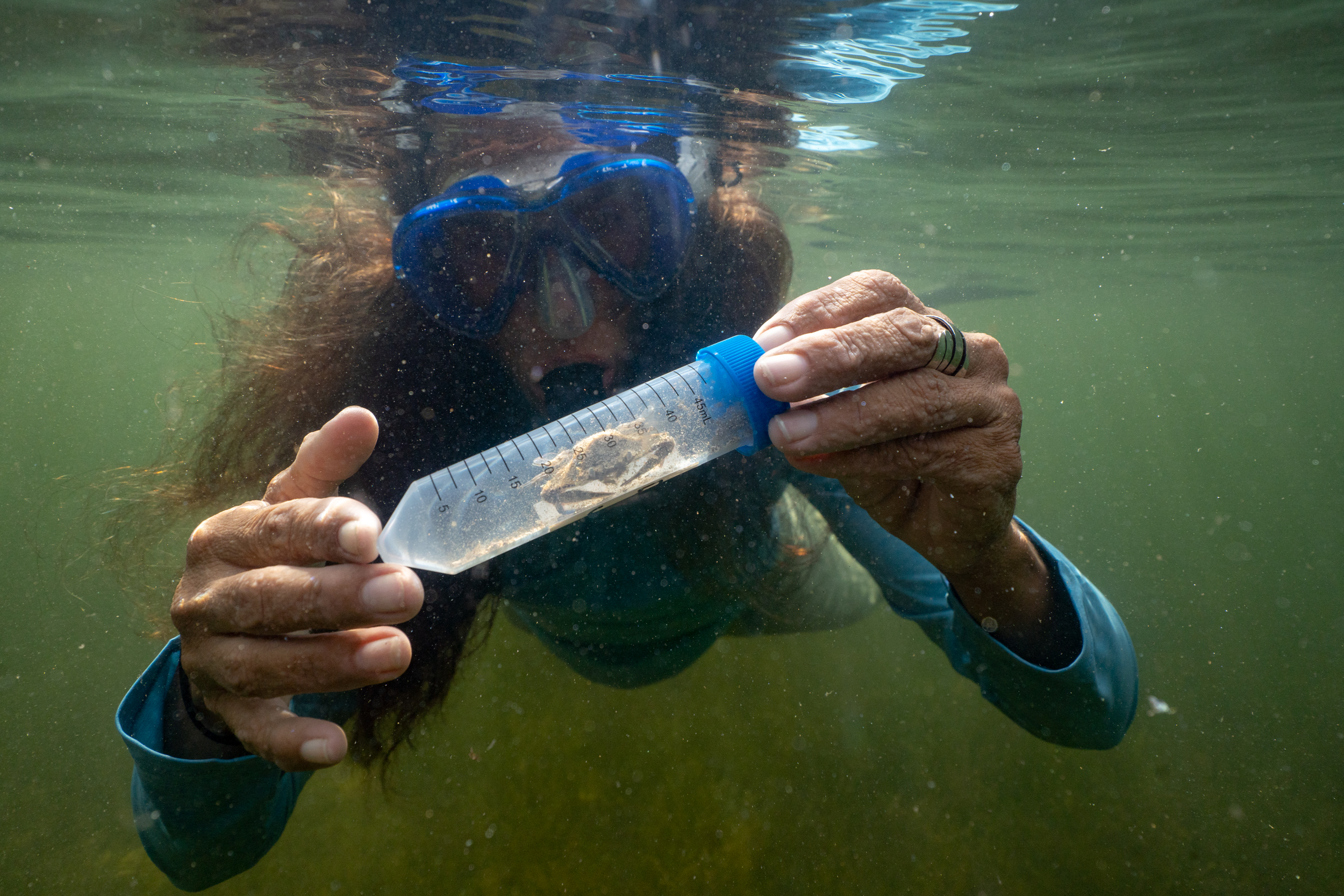
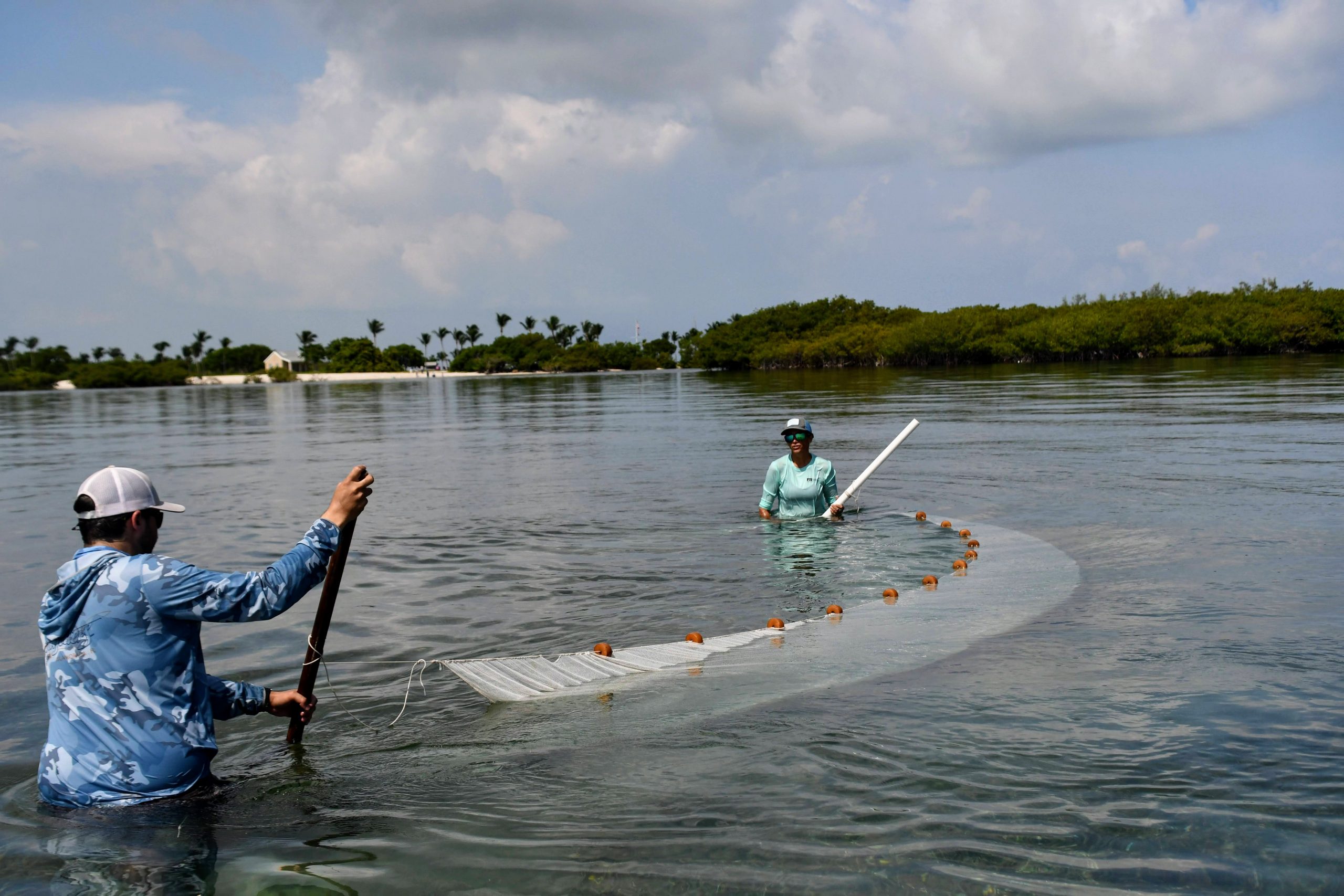
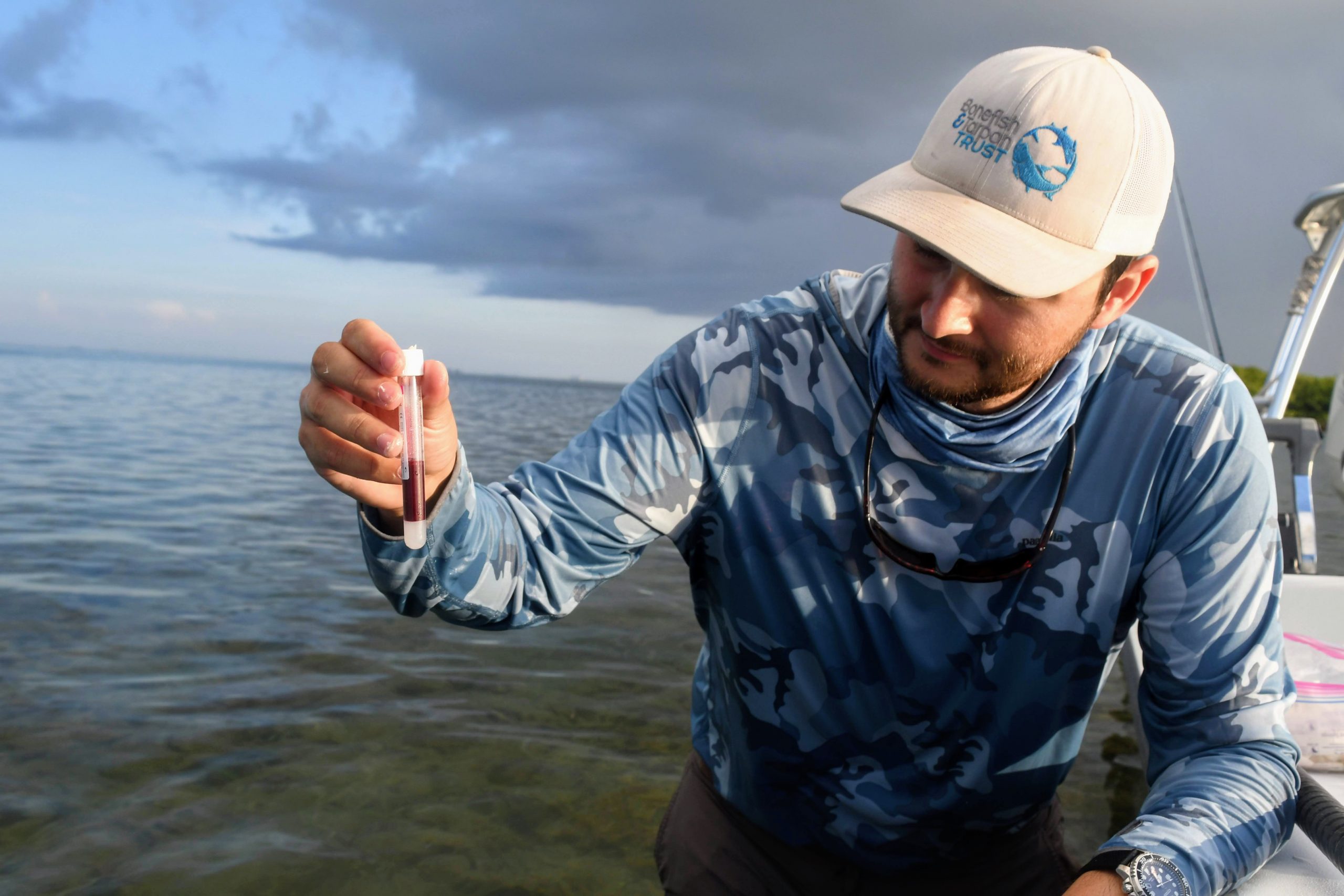
Little is known about the effects on humans who consume the fish, and scientists are concerned.
“So what happens over the long-term, that’s an unanswered question and, honestly, cause for concern,” Castillo said.
Drugs enter the waterways in two main ways, one of which could be easily solved.
The body doesn’t typically absorb all of the medication people consume, so the rest is excreted and enters the water system. There is no specific treatment to remove these contaminants. Castillo stressed that improving wastewater treatment would be the best solution.
The other way medications end up in the water is improper disposal. When a medication expires, doctors change the prescription or the treatment ends, the leftovers can be a problem.
Expired and opened medication can be dropped off at disposal locations at CVS or Walgreens. The U.S. Drug Enforcement Administration has a website that lists locations.
Courtney Tavaner, manager of corporate communications at CVS, said the company has over 4,000 disposal units and offers DisposeRx packets containing a powder that, combined with water in a pill bottle, dissolves the medication so that it cannot be misused or abused.
Unopened medication that isn’t expired can be donated and redistributed to those in need. According to a 2020 study by the CoverMyMeds healthcare network, 69% of patients make personal or financial sacrifices to afford their medicine.
SIRUM, a nonprofit organization based at Stanford University, accepts unused medications from manufacturers, wholesalers, pharmacies, nursing and assisted living facilities, and individuals — which they distribute to people who cannot afford or do not have access to needed prescriptions.
Jen Chin, chief of staff at SIRUM, said patients who receive the donated medicine “prevent even bigger medical bills down the road” by “consistently taking medication for chronic conditions like high blood pressure, diabetes, mental health, and more.”
Nicholas Castillo, the scientist who found drugged bonefish in Biscayne Bay, said that talking about this issue and keeping an eye out for government officials’ actions is vital.
“The most dangerous thing is not knowing,” Castillo said.
































